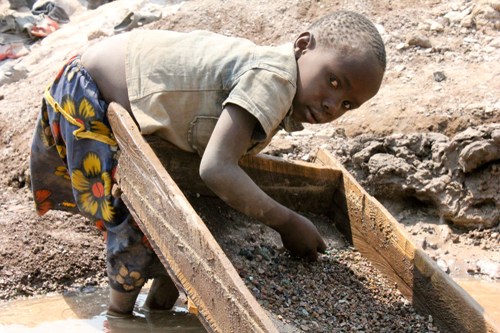SYDNEY/TORONTO – (Reuters) – The pain is not likely to be over for investors in mining shares after the steepest drop in gold prices in a generation led to a $6 billion asset writedown at Australia’s Newcrest Mining, fuelling speculation of more to come.
A $200 plunge in prices in two days in April heightened fears that gold’s 12-year rally may have topped out.
For nearly a month the price has languished around 1,400 an ounce, which could force more miners to write down the value of their reserves – calculated based on a higher price – and eroding the value of projects, some of which may no longer be profitable.
Gold miners were already struggling with the impact of soaring costs, including higher wages for workers and fuel prices, which have reduced margins and eaten into cash generation.
“We certainly expect we will see further writedowns from other producers as we … get closer to reporting season. It could be a trend,” said David Lennox, an analyst at Fat Prophets.
Newcrest, Australia’s biggest gold miner, said on Friday it would write down the value of mines in Australia, Papua New Guinea and Africa.
























